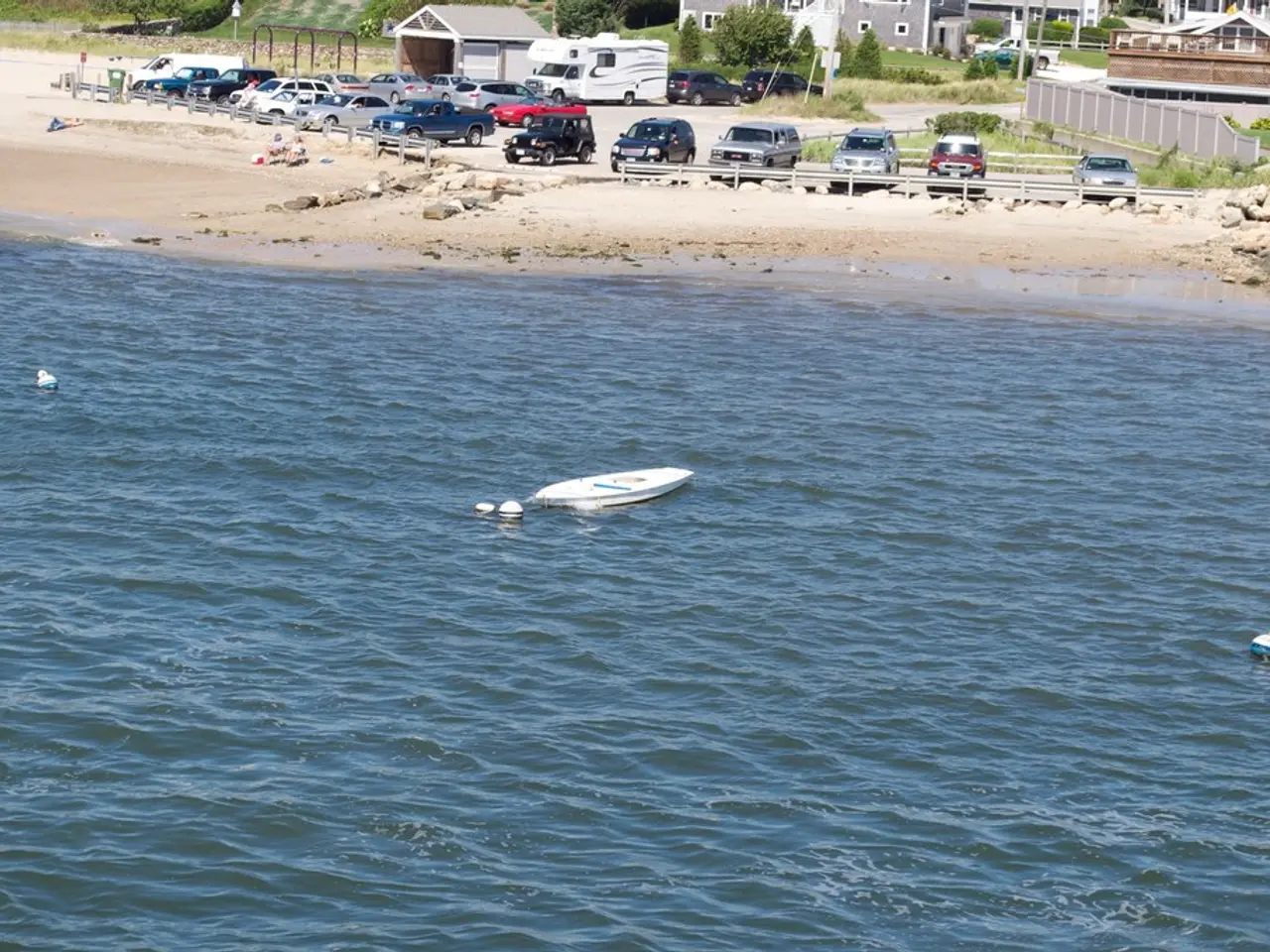Significance of Poland's Oil Discovery in the Baltic Sea for Germany
In a development that could shape Poland's energy future and spark debate across borders, a significant oil and gas field has been discovered off Poland's Baltic coast near the island of Usedom [2]. The discovery is openly welcomed by the Polish state, serving as a symbol of national strength and progress, but it has raised significant environmental and tourism concerns in Germany [1][2].
Usedom Island, shared by Poland and Germany, is renowned for its natural reserves, beaches, and holiday resorts, which are part of Germany’s sustainable tourism success. German officials and local leaders, such as the mayor of the German resort town of Heringsdorf, have voiced concerns that nearby heavy industrial oil and gas extraction would intrude massively on the natural environment, contradicting Germany’s commitment to environmental protection and sustainable tourism growth [1][2].
Environmental groups and German policymakers argue that future energy priorities should focus on renewable sources like solar, wind, and biomass rather than new fossil fuel developments in sensitive coastal areas. They contend that exploiting this oil field is "backward-looking" and risks potential catastrophic damage to the Baltic Sea ecosystem, which supports both biodiversity and tourism-driven economic activity [2][4].
From Poland's perspective, the oil discovery and subsequent extraction are critical for its energy security and reducing dependency on external hydrocarbon suppliers, potentially boosting its economy [2]. However, from Germany’s perspective, the environmental risks—from possible oil spills, habitat disturbance, and pollution—pose a direct threat to its rapidly recovering and economically significant tourism industry [1][3].
The question of Germany's influence on the project within a transboundary environmental impact assessment has been raised in political and media debates. Meanwhile, citizens' initiatives, nature conservation associations, and municipalities in Germany have expressed critical views and demanded comprehensive information about the company's plans and strict environmental regulations [2][4].
The debate on cross-border energy projects in Europe reveals old communication patterns that require a degree of political sensitivity and willingness to engage in dialogue. As the project moves forward, it will be crucial for both countries to address each other's concerns and find a solution that balances energy security, economic growth, and environmental protection [3].
In summary, the primary environmental and tourism concerns in Germany related to the nearby oil discovery near Usedom revolve around potential ecological damage, pollution risks, and negative impacts on the coastal tourism appeal and economy. These concerns reflect a broader German policy and public sentiment favoring sustainable energy and tourism development over new fossil fuel extraction near ecologically sensitive and tourism-dependent areas [2][4].
References:
- Polish Oil Discovery Near Usedom Raises German Concerns
- Poland's Baltic Oil and Gas Discovery: A Cause for Concern in Germany?
- Germany and Poland to Discuss Baltic Oil and Gas Discovery
- Germany's Usedom Island: A Tourist Paradise Under Threat
- Despite Poland's potential economic benefits from exploiting the oil field, the concerns raised by German officials and environmental groups about the environmental impact, particularly on its tourism industry, remain significant.
- In hopes of preserving Germany's commitment to environmental protection and sustainable tourism growth, policymakers and environmental groups advocate for renewable energy sources over new fossil fuel developments near ecologically sensitive regions like the one off the coast of Usedom Island.








